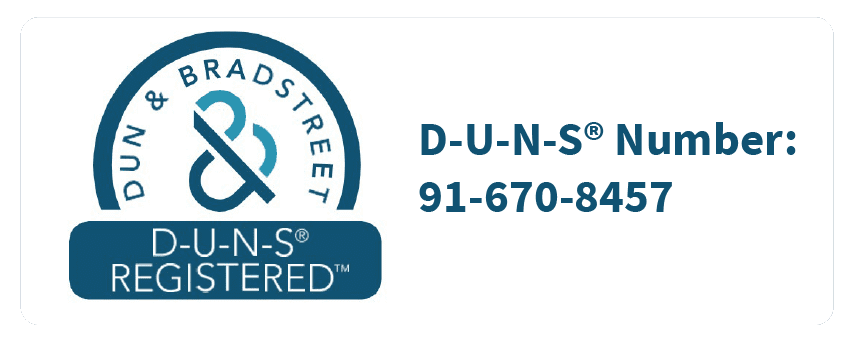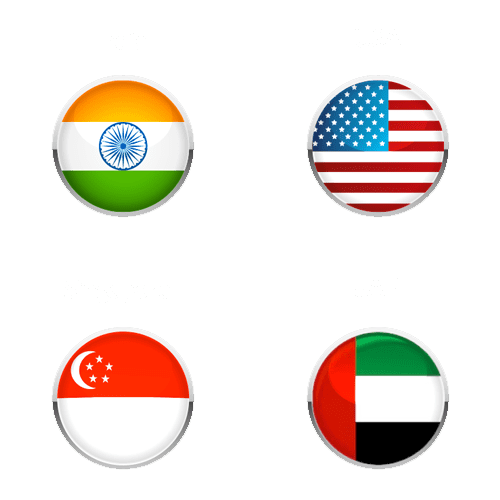Maximizing Tax Savings: Strategies for Small Business Owners

In today’s economic landscape, saving money is a priority for everyone. However, as responsible citizens, paying taxes is also a crucial duty. With the financial year drawing to a close this March, it’s essential to be prepared for tax obligations. While we don’t advocate avoiding taxes or considering them a waste of money, we do believe in maximizing savings within legal boundaries.
To aid you in this endeavor, it’s vital to understand the deductions and exemptions available that can help reduce your tax liability. Every rupee saved in taxes can be reinvested into your burgeoning business. Therefore, let’s delve into some tax-saving strategies that every entrepreneur or small business owner in India should be aware of:
Optimal Business Structure:
When establishing a new business, selecting the appropriate legal structure is critical. This decision impacts compliance, tax efficiency, and operational matters. Depending on ownership and residency, businesses can be classified differently, each with its tax implications.
Leverage Income Tax Act Deductions:
Section 80C of the Income Tax Act offers deductions for investments made in various assets, including life insurance premiums, medical insurance premiums, Public Provident Fund (PPF), National Savings Certificates (NSC), and fixed deposits with a tenure of five years or more. Maximizing these deductions can significantly reduce your taxable income.
Diligent Expense Tracking:
Maintaining meticulous records of all expenses, no matter how insignificant they may seem, can lead to substantial tax benefits later on. Even seemingly mundane expenses can qualify as legitimate business expenses, enhancing your understanding of cash flows and profitability.
Capitalize on Home-Based Business Claims:
Operating a business from home allows for claiming various expenses related to the “home office,” such as rent, utility bills, property tax, and mortgage interest. This deduction is particularly advantageous for online businesses, contributing to significant tax savings.
Employ Family Members:
Hiring family members who have no other income sources enables your company to pay them up to ₹2.5 lakhs per year without incurring any tax liability for the relative. This presents a significant advantage for home-based eCommerce businesses.
Utilize Input Tax Credits (ITC):
For businesses subject to GST, availing Input Tax Credit on purchases made for business growth is imperative. Proper accounting treatment of these expenses as capital expenditures enhances eligibility for ITC, thereby reducing the overall tax burden.
Leverage Depreciation Cuts:
Under section 35AD of the Indian Income Tax Act, manufacturing businesses can claim up to 15% depreciation, with an additional 20% for specific assets. This applies to machinery and vehicles used for business purposes, bolstering tax savings.
Timely Tax Filings:
Submitting tax returns before the due date ensures the full utilization of tax benefits and avoids penalties. Professional assistance can provide actionable recommendations for maximizing deductions, and online platforms offer convenient tax filing options.
Charitable Donations for Tax Savings:
Contributing to registered charities not only serves a noble cause but also reduces your tax burden. Ensure to retain receipts for tax purposes.
Embrace Digital Transactions:
Digital payments offer dual benefits of tax compliance and transaction security. Avoiding cash payments above ₹20,000 per day enables tax deductions, while electronic invoices provide robust documentation for tracking expenses and transactions.
In an era where every rupee saved counts, embracing efficient business practices and leveraging available tax-saving avenues can significantly benefit small business owners. With Cogent Professionals, you gain free access to connect and resources simplifying business operations and financial management. We offer seamless solutions to empower your business journey.




